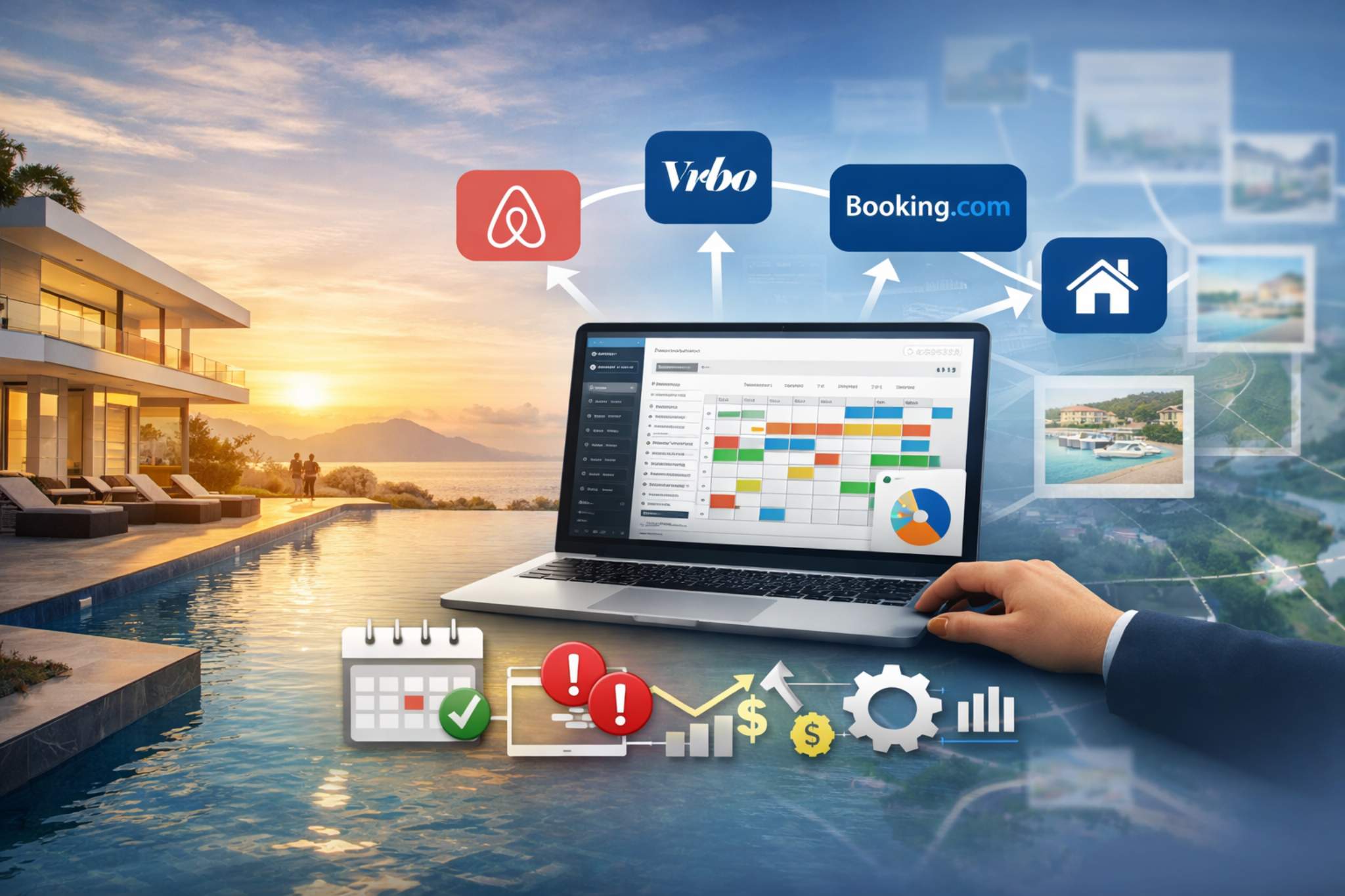Introduction
AI-driven property management enhances efficiency by automating routine tasks such as lease processing, tenant screening, and security monitoring. However, the increasing use of AI introduces significant data privacy challenges. From tenant surveillance concerns to algorithmic bias and data breaches, property managers must balance innovation with robust security and compliance measures. This article explores the key privacy risks, regulatory frameworks, and best practices to ensure responsible AI implementation in property management.
Key Takeaways
- AI-driven property management enhances efficiency but poses significant data privacy challenges.
- Risks include surveillance overreach, algorithmic bias in tenant screening, and data breaches.
- Regulatory compliance frameworks like GDPR and CCPA mandate strict data handling procedures.
- Property managers must implement strong mitigation strategies such as encryption, privacy audits, and vendor security assessments.
- Transparency and tenant trust-building are essential for successful AI adoption.
Key Privacy Risks in AI-Driven Property Management
1. Surveillance Overreach
- Facial recognition and smart sensors in common areas raise concerns about constant monitoring.
- 38% of luxury apartment complexes use facial recognition for frictionless access, but biometric data storage raises compliance issues.
- 23.5% of tenant protests against property managers involve police monitoring, with 16 documented cases of violence by security personnel.
2. Algorithmic Bias in Tenant Screening
- AI-driven tenant screening may unintentionally discriminate against marginalized groups.
- 78% of low-income applicants face rejections based on non-traditional risk factors like shopping behavior.
- Lawsuits in Florida and Massachusetts highlight 42% higher rejection rates for Black applicants and housing voucher holders.
3. Data Breach Vulnerabilities
- Centralized AI systems storing tenant IDs, financial records, and behavior patterns are high-value cybercrime targets.
- A 2019 breach at a real estate software provider exposed millions of SSNs and bank account details.
62% of property managers using cloud-based AI tools report vulnerabilities in vendor security protocols.

Regulatory Compliance Framework
|
Regulation |
Key Requirements |
Implementation Strategy |
|
GDPR |
Explicit consent, data minimization, breach notifications |
Conduct Data Protection Impact Assessments (DPIAs) for AI systems |
|
CCPA |
Right to access/delete data, opt-out of data sales |
Implement automated data subject request portals |
|
Local Laws |
Varying encryption/retention rules |
Use geo-fenced data storage with jurisdictional policy engines |
Mitigation Strategies for Property Managers
1. Technical Safeguards
- Deploy private AI instances for sensitive lease analysis to maintain on-premises data security.
- Implement homomorphic encryption to process encrypted tenant data without decryption.
- Use Oracle Data Masking to anonymize datasets used in AI training.
2. Operational Protocols
- Adopt Privacy by Design principles:
- Conduct monthly access control audits.
- Automatically purge inactive tenant data after 6 months.
- Implement differential privacy in occupancy analytics.
- Train staff on AI ethics protocols, including bias detection in screening algorithms.
3. Vendor Management
- Require SOC 2 Type II certification from AI vendors.
- Negotiate contractual clauses for:
- Data ownership retention
- 72-hour breach notification windows
- Third-party audit rights
4. Tenant Transparency Measures
- Provide algorithm explainability reports for automated decisions.
- Launch opt-in programs for smart sensors with clear data usage disclosures.
Case Study: Equiem's Trust-Building Approach
The proptech firm Equiem achieved 89% tenant approval for AI-powered property management by:
- Implementing granular consent management (38 distinct permissions).
- Using on-device processing for motion sensors and HVAC optimization.
- Conducting quarterly algorithmic fairness audits published to tenant portals.
Building a Secure AI-Driven Property Management Future
By integrating strong technical controls, policy frameworks, and transparency measures, property managers can reduce data breach risks by up to 67% while maintaining AI's operational benefits. Regular staff training, third-party penetration testing, and clear communication with tenants are key to ensuring compliance and trust in AI-driven property management.







_-_A_Complete_Guide.png)









%2Bfor%2BHotel%2BChains-web.jpg)
